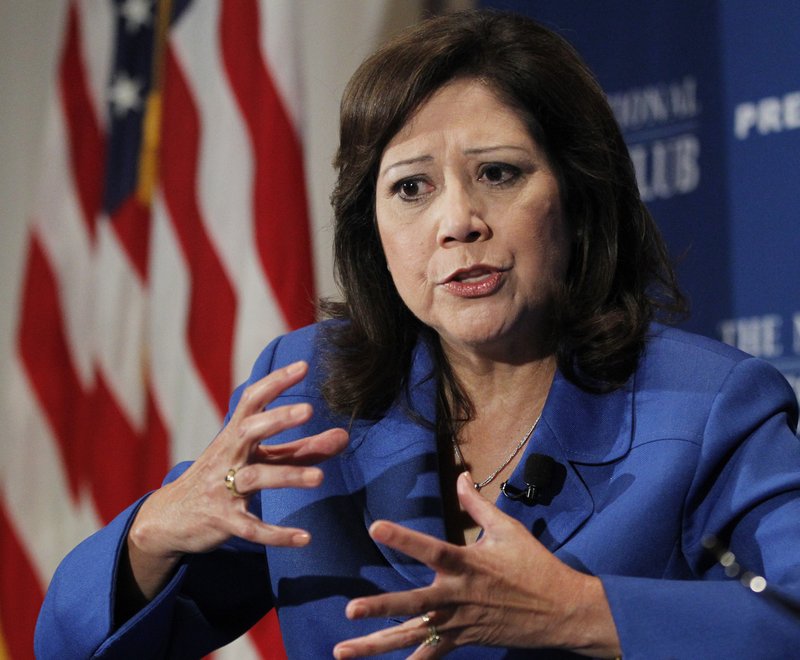WASHINGTON — The government says a bad economy and higher energy prices have worsened the finances of Social Security, shortening the life of the trust funds that support the program by three years.
The trustees who oversee Social Security say the program's trust funds will now run dry in 2033. Medicare's finances have stabilized but the program's hospital insurance fund is still projected to run out of money in 2024.
If the Social Security and Medicare funds ever become exhausted, both programs would collect only enough money in payroll taxes to pay partial benefits.
The trustees said in their annual report that Congress should address the programs as soon as possible, but no action is likely before the November election.
